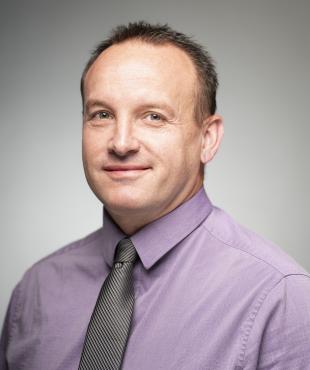Image

Areas of Expertise
Carceral Supervision
Immigration Policy
Mass Incarceration
Research interests: Liminal legal statuses; trans-substantive processes (between immigration and carceral systems); state legal violence; socio-legal exclusion; law and society; social inequality